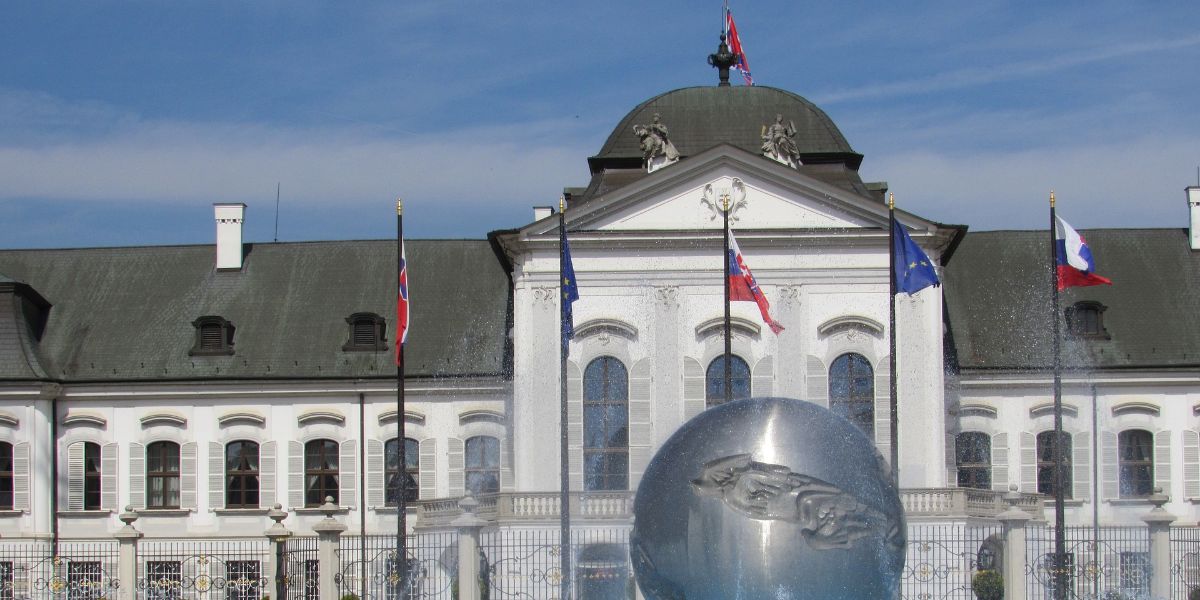The amendment to Act No. 595/2003 Coll. on Income Tax has signed by the president on 20 December 2017. Most of the amendments entered into force from 1 January 2018. The main changes are summarized here:
Definition of permanent establishment
The amendment extends the current definition of permanent establishment and changes the conditions for creation of construction and agent permanent establishment. By assessing conditions for the foundation of construction permanent establishment, there will be considered whole construction period including period for construction realization, construction projects and participation of related parties.
CFC rule
The amendment also introduces the rules for controlled foreign companies (CFC Rules). The CFC Rules introduce taxation of income paid out by the Slovak parent company to its controlled foreign corporation and this income is paid out without any economic substance or in order to obtain any tax advantage for the Slovak taxpayer. These rules are anti-avoidance provisions designed to prevent diversion of Slovak profits to another territory.
Participation exemption on capital gains
The amendment introduces an exemption from corporate income tax if the income resulting from the sale of shares or business shares for a defined range of taxpayers who meet the two conditions: (i) the taxpayer holds a minimum participation of 10% in the registered capital of a company for 24 consecutive calendar months and (ii) the company that participates in the sale of shares must carry out economic activity in the territory of Slovakia.
Higher deduction of R&D costs
Until end of 2018, companies in Slovakia can apply super deduction of the R&D expenses in the amount of 25%. The amendment suggests changes for amount of deduction for taxpayers performing R&D activities. These taxpayers will be able to deduct up to 100 % of expenses incurred in the area of research and development.
Patent box regimes
A patent box as a special tax regime introduced to support the industrial research and development sector. Therefore, 50% of income for the use of granted and registered patents, software or utility models created by the taxpayer as well as 50% of revenues from the licence fees for provision of such intangible assets would be exempt from a tax.













